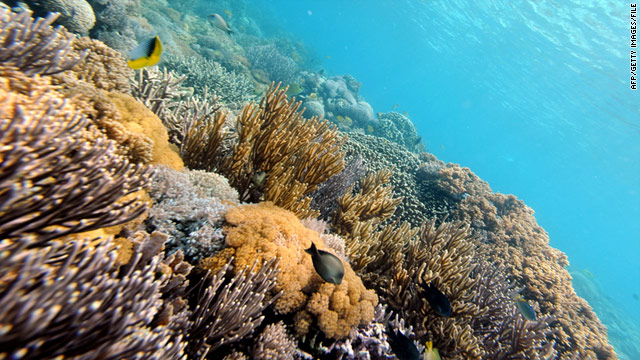Kids swimming in polluted water
Child in Africa
Gathering dirty water
Child drinking dirty water
Comparing the polluted water that is
consumed and normal, clean drinking water
Student in Hirumbi Primary School (in Kenya)
fetching water
Water pollution
Gathering dirty water
Children fetching dirty water in Uganda
Children gathering water in India
Water pollution in Jakarta
Kenyan boy fetching dirty water
Water pollution (plastic waste)
Boy gathering dirty water
Child drinking dirty, polluted water
Child in Africa gathering murky, dirty water























